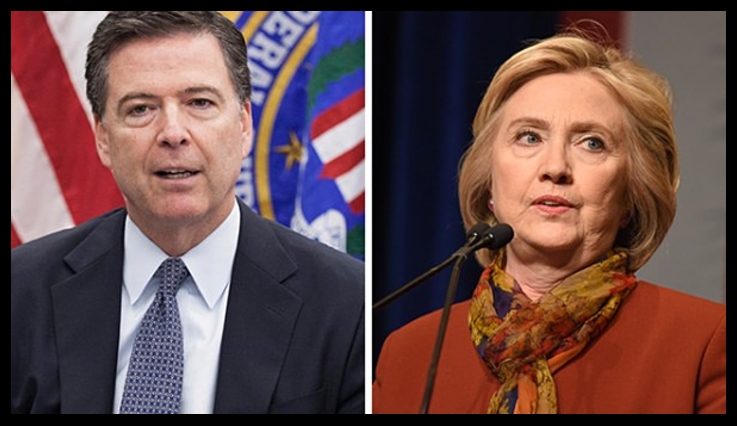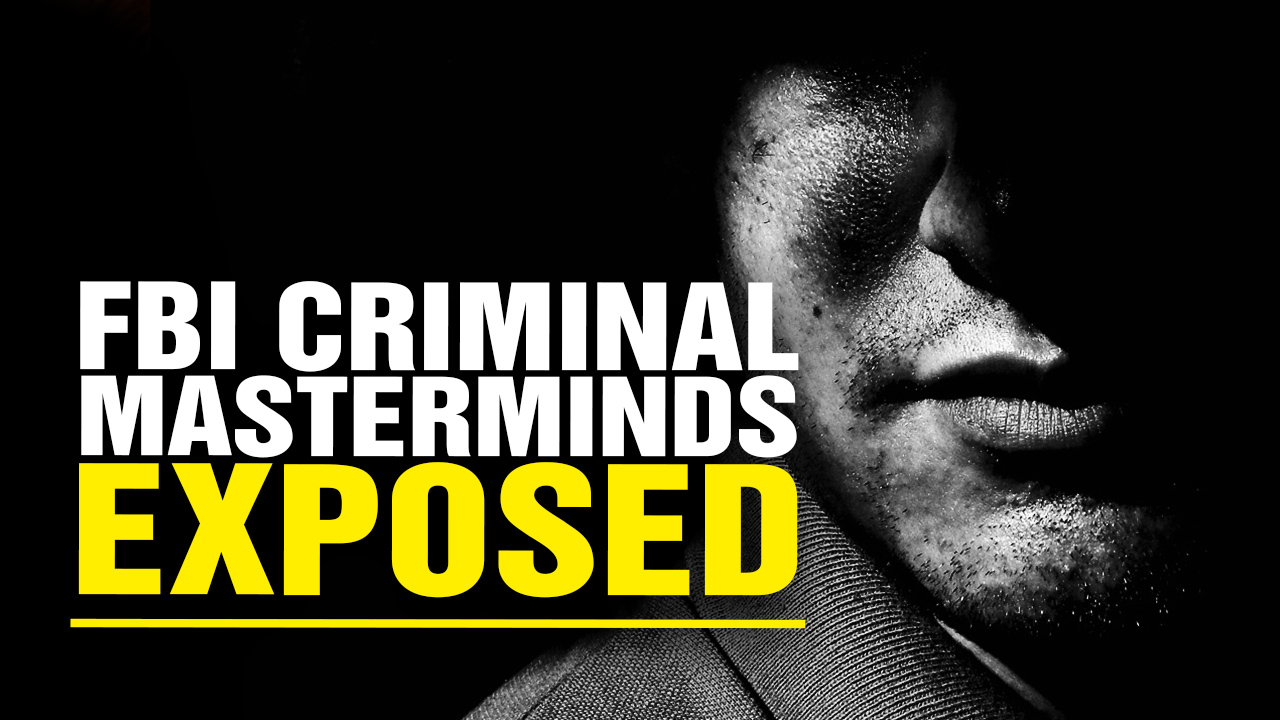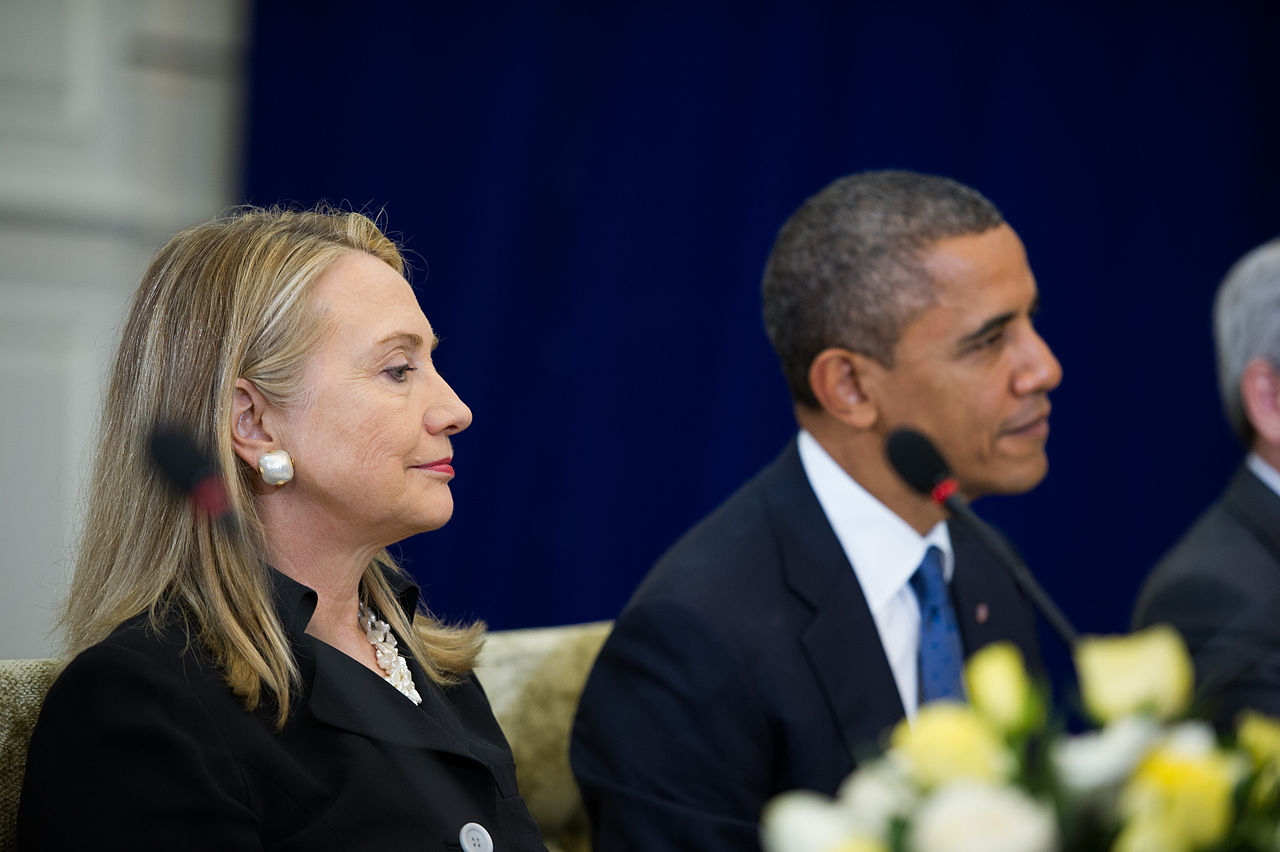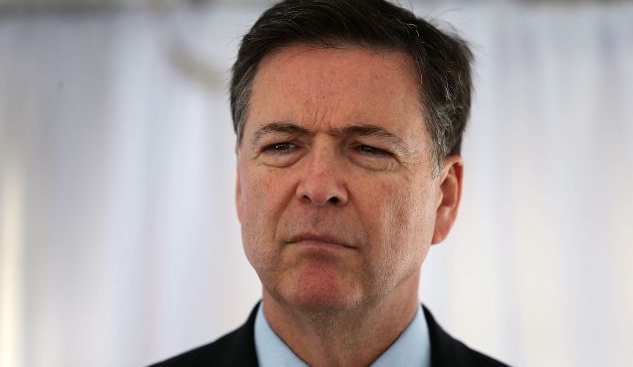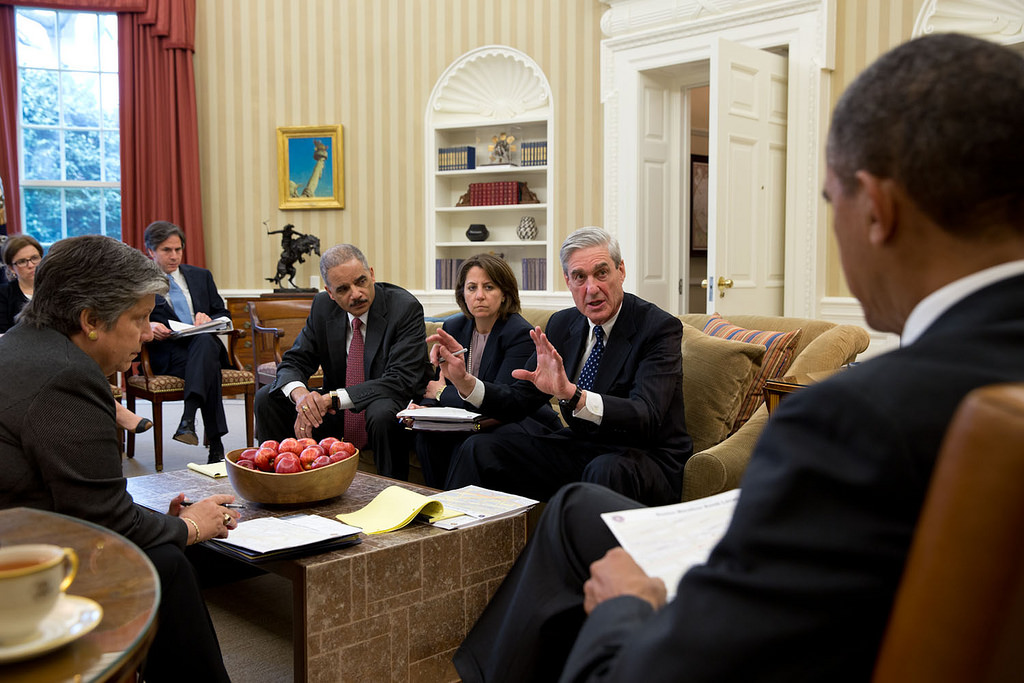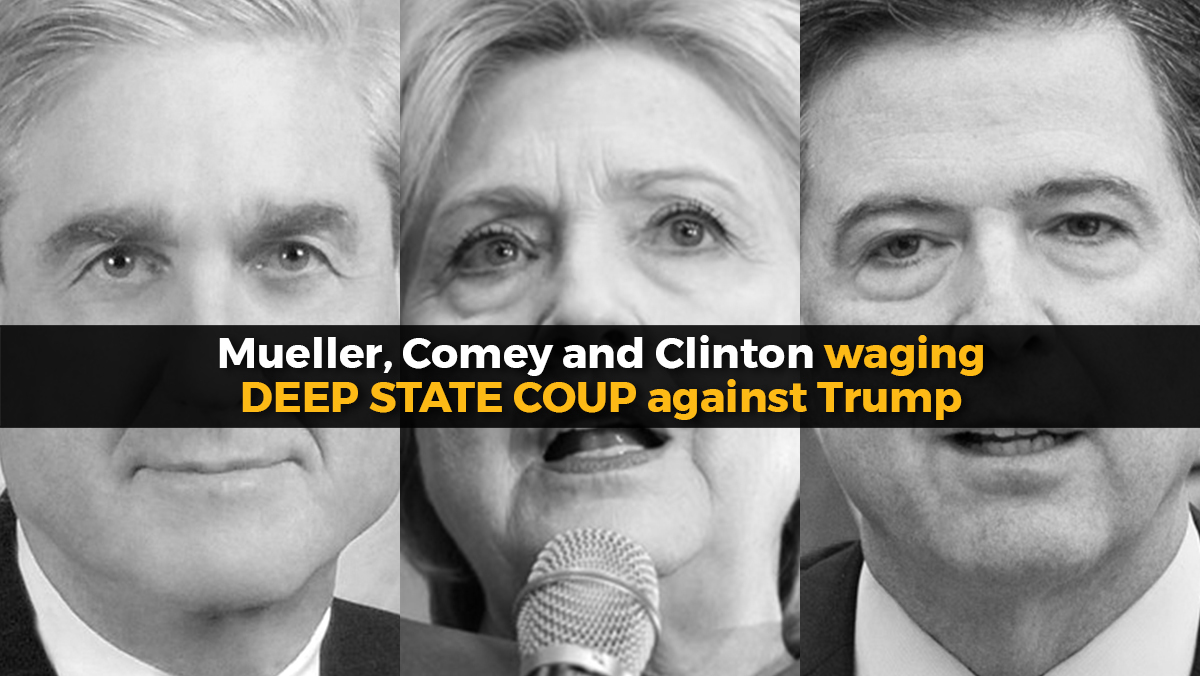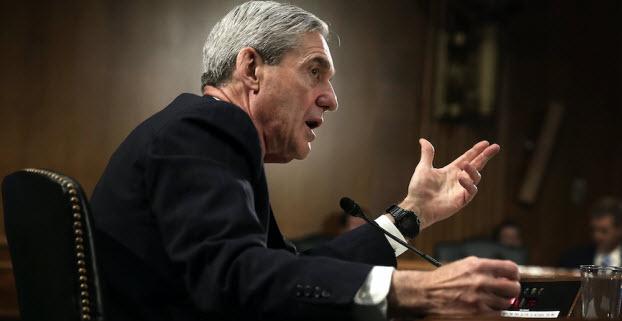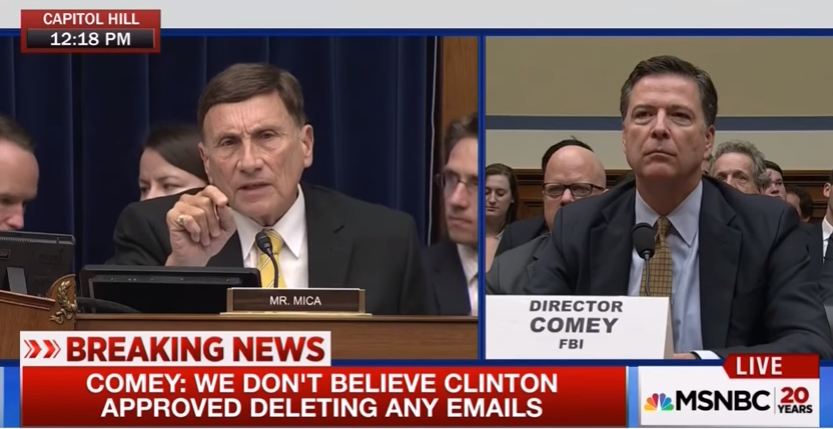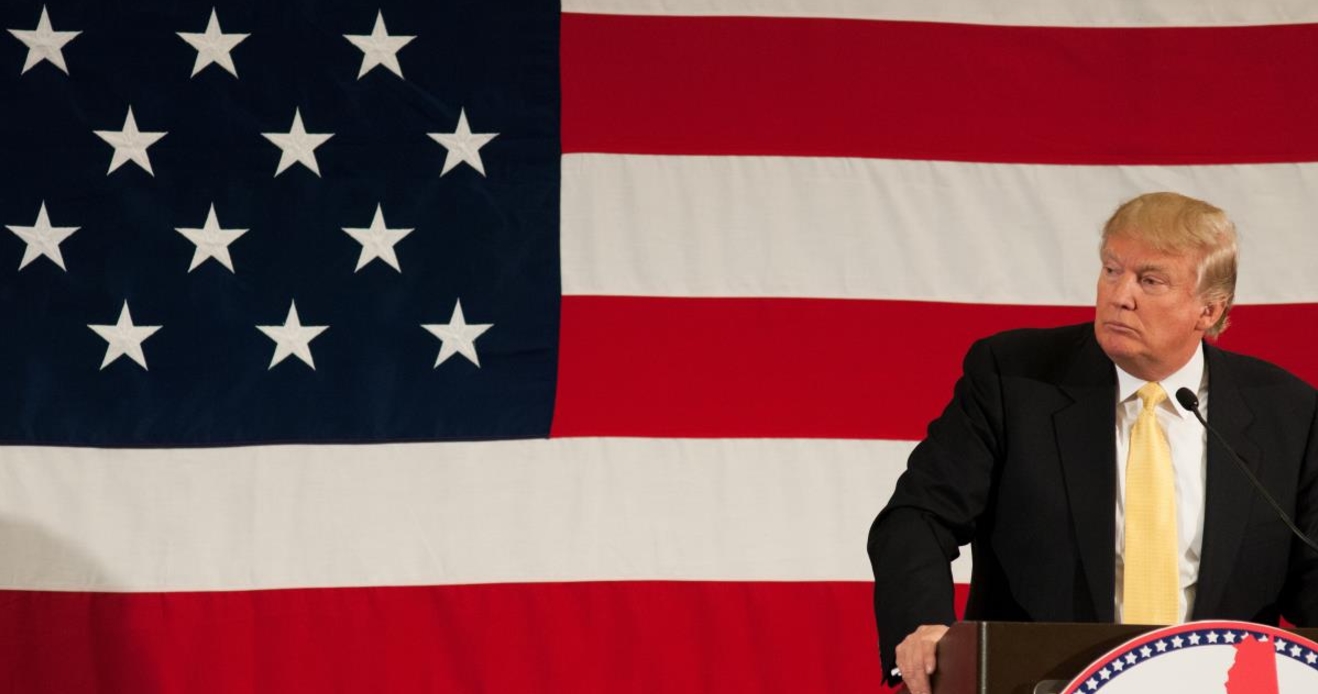History will pardon Snowden even if Obama won’t
09/22/2016 / By treasonnews

The relationship between the whistleblower and journalism has not always been a neat one. The tendency for symbiosis to become positively vengeful — much like Saturn eating his children — is evidenced in the Washington Post stance on Edward Snowden’s whistleblowing activities.
Article by Binoy Kampmark
Having scooped up a Pulitzer working on the Snowden findings on massive invasions of privacy both in the United States and on a global scale, the paper got nasty.
There was little need for the paper to wade into these waters, but the editors obviously felt so strongly about Snowden it went for the jugular with seething conviction. The prompting probably came from the release of Oliver Stone’s Snowden, which goes some way in creating a justification for the actions of the sub-contractor.
As Joseph Gordon-Levitt (pictured), who plays the title role, explained to ABC News Breakfast, ‘personally, I think that what he did was a service to our country and to our world … [but] I don’t think anybody should take anybody else’s word for it.’
In taking its stance, the Post‘s editorial reveals itself to be bombastically patriotic, clear that such interception programs as the mass, non-discriminating hoovering of PRISM was ‘clearly legal and not clearly threatening privacy’ (presumably it was obliquely doing so).
Such an assessment blissfully ignores a host of rulings at the federal level, much of this spearheaded by the ACLU, deeming such indiscriminate interception programs as unconstitutional. Indeed, Congress went so far as to attempt a reform of the intelligence community, albeit imperfectly, for the first time in four decades as a direct, if unacknowledged nod, to Snowden’s 2013 revelations.
But for the Post, Snowden had done something ‘Worse — far worse — he also leaked details of basically defensible international operations: cooperation with Scandinavian services against Russia; spying on the wife of an Osama bin Laden associate; and certain cyber operations in China.’
The stance taken by the Post is somewhat different from such papers as the LA Times. ‘President Obama now has the opportunity,’ explained Anthony Romero in its pages, ‘to use his power [of pardon] proudly, in recognition of one of the most important acts of whistleblowing in modern history.’
“The whistleblower is held to a standard far higher than the person or institution he is exposing; he must consider the entire gamut of possibilities, with each exhaustion entirely a matter for authorities guarding the status quo.”
The defence case for Snowden can then be made on two points: the first being the actual act of whistleblowing with its proportion of alleged damage to US interests, the second being the fundamental exposure of massive misconduct on the part of the US-British security establishment.
Closer examination of Snowden’s conduct does not match the image of cultivated cynicism endorsed by his detractors. The 1.5 million documents he is meant to have filched, for instance, has been dismissed by Snowden’s lawyer, Ben Wizner, as ludicrous in number.
Nor did he reveal these documents, without detailed scrutiny, through open channels on the internet in what might euphemistically be termed a ‘dump’. In feats of classic journalism, the material was examined by national security reporters before making their way into broader discussions. ‘In reality,’ suggests Trevor Timm, ‘the number of documents that Snowden published himself is zero.’
The actual damage caused by the revelations has also been a point of pure supposition. Last week’s flawed House Permanent Select Committee on Intelligence committee report did everything to obscure the argument with assumptions that the case against Snowden had been made. ‘Damage’ to a state is often fictional rather than measurable, while the whistleblower, as happened in this case, is denounced as ‘a serial exaggerator and fabricator’.
The avenue for any whistleblower is always judged by the channels he was supposedly meant to exhaust. He is held to a standard far higher than the person or institution he is exposing; he must consider the entire gamut of possibilities, with each exhaustion entirely a matter for authorities guarding the status quo.
What, for instance, constitutes a ‘reasonable’ internal investigation? Which authority has the sufficient independence to conduct such an investigation and reform a culture gone bad? The stab in the dark is exactly what is expected of the person disclosing the wrongdoing, because there is, by definition, no actual objective sense about what is really deemed wrong within the toxic fraternity. The urge to reform is often instigated by a shock inflicted from the outside.
What Snowden revealed was a technology security complex inefficient yet invasive; global and indifferent to national borders and oversight. It also revealed the institutional bankruptcy between the public citizen and the global watchers; and stressed the enormous importance of taking self-help measures in guarding against hacking intrusions.
There have never been better times for companies specialising in self-encryption, or discussion about a global bill of digital privacy. Even if Snowden receives no pardon from President Obama, he can at least be sure to have been pardoned, to a large extent, by history.
Read more at: eurekastreet.com.au
Tagged Under: Obama, Snowden, Whistleblowing
RECENT NEWS & ARTICLES
COPYRIGHT © 2017 TREASON NEWS


